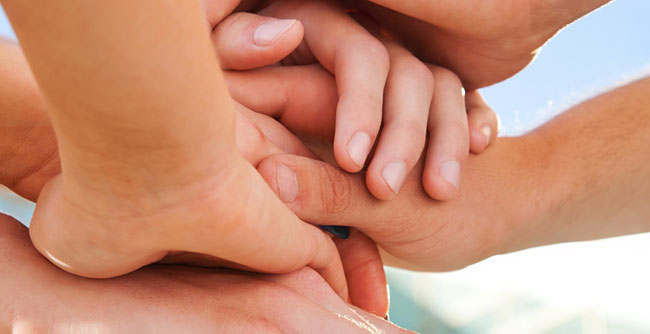Since the start of the war on drugs many decades ago, the drugs themselves have often been blamed as the root cause of addiction. The story goes something like this: chemicals in the drugs cause people to continue craving the drugs long after they have stopped taking them.
This view, though, is slowly changing. Many scientists and writers now point to a fundamental problem with our modern society as the reason for the continuing epidemic of addiction.
“The opposite of addiction is not sobriety. It is human connection,” Johann Hari, author of Chasing the Scream: The First and Last Days of the War on Drugs, writes on the Huffington Post.
Some of the most-cited evidence for a drug-focused approach to understanding addiction involves rats placed alone in a cage. Given a choice between water laced with a drug—such as cocaine—or pure water, isolated rats will often choose the drug. When they do, they quickly become addicted and sometimes ingest so much of the drug that they die.
Rats in social situations, however, behave differently. In the 1970s, Bruce Alexander, a professor of Psychology in Vancouver placed rats in a cage with other rats. They also had toys to play with, tunnels to run down and good food to eat. Many of these rats tried both types of water, but they didn’t become heavy users of the drug-laced water. And none of them died.
Alexander carried out additional studies with rats and discovered that if he took solitary, drug-addicted rats and placed them in a cage with other rats and social stimulation, they no longer heavily used the drug-laced water.
A similar effect occurred when soldiers addicted to heroin returned home from the Vietnam War. Many of the addicted soldiers simply stopped using.
Hari says [ that Alexander’s explanation for this is that “addiction is an adaptation. It’s not you. It’s your cage.”
All of this points to a deep human need for bonding. If strong connections are absent in our lives, addiction can quickly fill the gap. These addictions are often to chemicals found in drugs, but non-chemical activities such as gambling or sex can also fill the void.
This does not mean that addictive chemicals don’t have a role in addiction, but it’s a much smaller part than has traditionally assigned.
Other science points to the importance of social connection in understanding addiction. Gabor Maté, a physician who specializes in the study and treatment of addiction, says that substances of abuse are pain killers. This includes physical pain and emotional pain, both of which cause suffering in the same part of the brain.
According to Maté, all addictions are attempts to soothe some kind of pain, often an emotional loss or trauma. Dealing with addiction, then, requires addressing—or “being with”—this pain. But in order to do that, addicted people need to be supported by, and connected to, others.
“You have to be with that pain,” says Maté, “but you have to have support.”
When you view the war on drugs in this light, Hari argues, trying to eliminate the drugs—the addictive chemicals—will never end addiction completely because it avoids a deeper problem in society—a lack of connection.
“There is an alternative,” he says. “You can build a system that is designed to help drug addicts to reconnect with the world—and so leave behind their addictions.”












